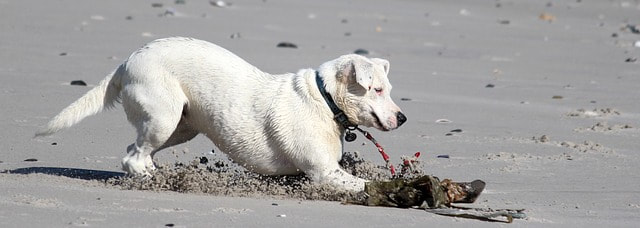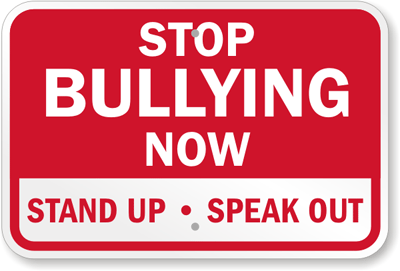President Obama famously had a sign on his desk that read, “Hard Things are Hard”. That really sums up this week. As if it wasn’t enough that we are embroiled in a pandemic, we have witnessed humans enduring pain, suffering, and death of a whole higher order. At the hand of other humans. How is such a thing possible? What do we do with it? How do we unpack it?
Last week, we talked about dealing with trolls. Of the tips we shared, numbers two and five are especially important this week, about dealing with negative messages (especially directed at ourselves). First, exercise compassion – pay attention to the remarks and see if there is a grain of truth that represents an opportunity for improvement. Secondly, if you have done something wrong, own up to it. Apologize and explain what you’ve done – if they’ve called you out on a legitimate complaint, say you’re sorry and tell them how you’re working to solve it. We’ve watched this playing out in real time this week, in a host of situations.
Companies and individuals have realized that silence is no longer acceptable. But speaking out isn’t enough. We need to look deep inside ourselves, do something to support others who are working to solve the problem, and figure out what personal action we need to take. Lego is a good example – they took a public stance. They donated money to support anti-racism causes. And then they looked for a contribution they could make, in their own house. You can read about it here.
For our part, we’re giving our privilege some deep thought. We will speak up more often where we should, and be quiet and listen where we must. Thank you for your patience with us. If you’d like to make a donation to an organization supporting anti-racism efforts here in Canada, here are three:
The Black Legal Action Centre
Black Women in Motion
Black Youth Helpline
And if you can support this event, happening today, or spread the word, we’d appreciate it.
I am Megann Willson, and I am a Partner here at PANOPTIKA. I’m better than I was yesterday. Not as good as tomorrow. And nowhere near what I hope to be when I’m done. I am listening, learning, and speaking…sometimes well, and sometimes in need of another lesson. Thank you for your patience. We’re listening here, here, and here. And we’d be grateful to have you join us for our weekly news.







